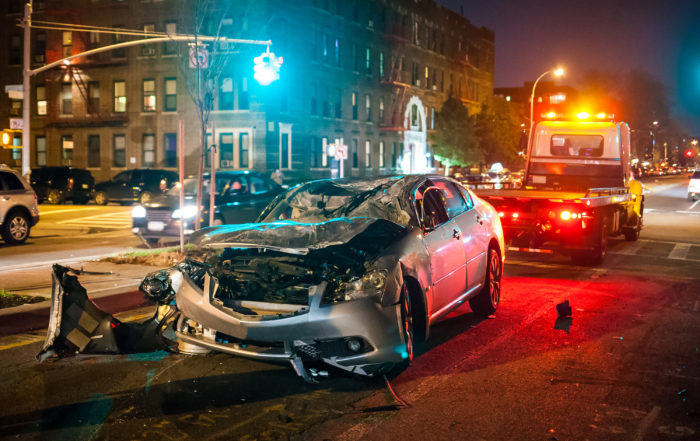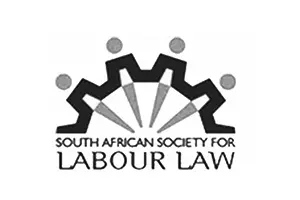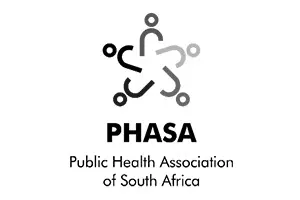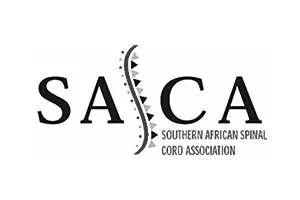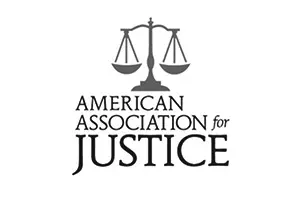Hardship for family after train hits man
Die Burger
20 October 2011
Fatima Schroeder
Hardship for family after train hits man
Wife who can’t work hoping for R7m payout A KHAYELITSHA woman has told the Western Cape High Court of the hardship she and her family had endured since her husband, a former security guard contracted to Metrorail, was left brain damage after being struck by a train nine years ago.
Margaret Ncaza said she longed to work and earn income, but could not leave her husband unsupervised. The family survives on a small disability grant for their day-to-day expenses, but, with the assistance of an appointed curator, her husband Sibonjile is suing Metrorail for R7.2 million. Kuffs Security Services, the company that employed Ncaza at the time, has been cited as a third party.
According to the papers, Ncaza and his colleague, Siyavuma Njaleka, were patrolling the railway lines between Cape Town and Woodstock at about 10.45pm on February 3, 2002, when they were struck by a train. There were no scheduled trains after 10pm, and the suburban rail service was not set to resume until 4am the next day. The papers said Metrorail sent an unscheduled train down the line from Cape Town to Salt River.
As a result of the collision, Ncaza suffered severe brain injury, a lacerated spleen and orthopaedic injuries. Njaleka was also badly injured. His case against Metrorail has since been settled. Ncaza was admitted to Christiaan Barnard Memorial Hospital, were he remained for more than a month.
He was left mentally and physically disabled as a result of the incident. In 2009, the Supreme Court of Appeal found Metrorail was liable for Ncaza’s injuries, and that Kuffs should indemnify the rail parastatal. The case is now before the high court to decide the sum of the damages. Testifying before Judge Bennie Griesel yesterday, Margeret Ncaza said the family lived in a shack in Makhaza, Khayelitsha, with no running water.
Their electricity supply came from a neighboring house and they had to use a public toilet. She described the family’s circumstances after the incident as “really difficult”, saying she could not leave her husband on his own. If she had to go out, she asks her mother-in-law to take care of him and if she was not available, then their 15-year-old daughter had to stay out of school to look after him.
While her husband was able to bath and dress himself, and fry an egg if he was hungry, he could not do so without supervision, she explained. Ncaza said she had worked as a cashier from 2006 to 2009. However, Ncaza was challenged during cross-examination when she was presented with reports by the medical experts she and her husband had consulted, which indicated that she did sometimes leave him alone.
She denied the contents of the reports, saying the experts may have
misunderstood her. The case continues.
The current position on objections to the con/arb process
Con/arb process - The Commission for Conciliation, Mediation[...]
Out of time? Think again – The CCMA and its rules
By Lara Keil (Candidate Legal Practitioner) under the[...]
RAF’s lodgement requirements: Claimants further prejudiced
By Lara Keil (Candidate Legal Practitioner) under[...]



